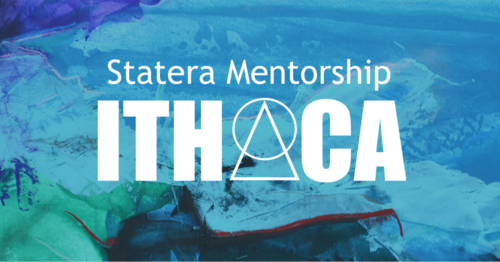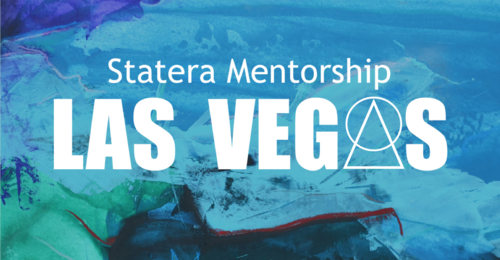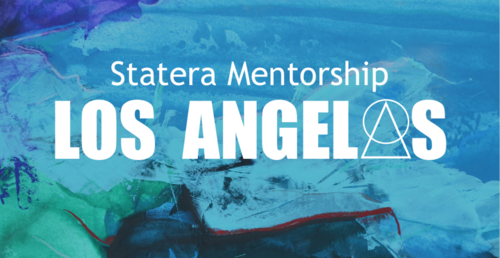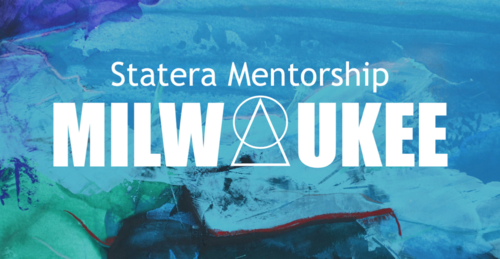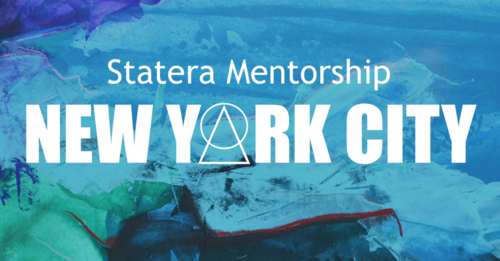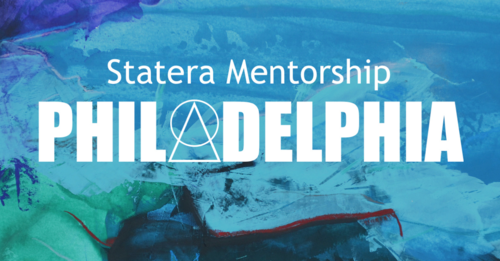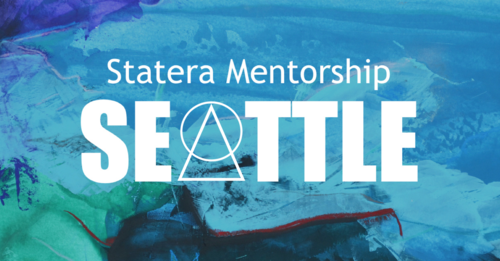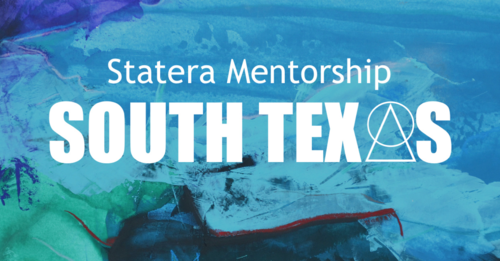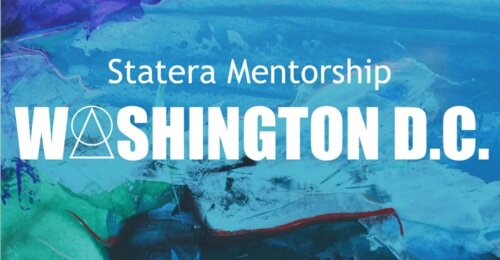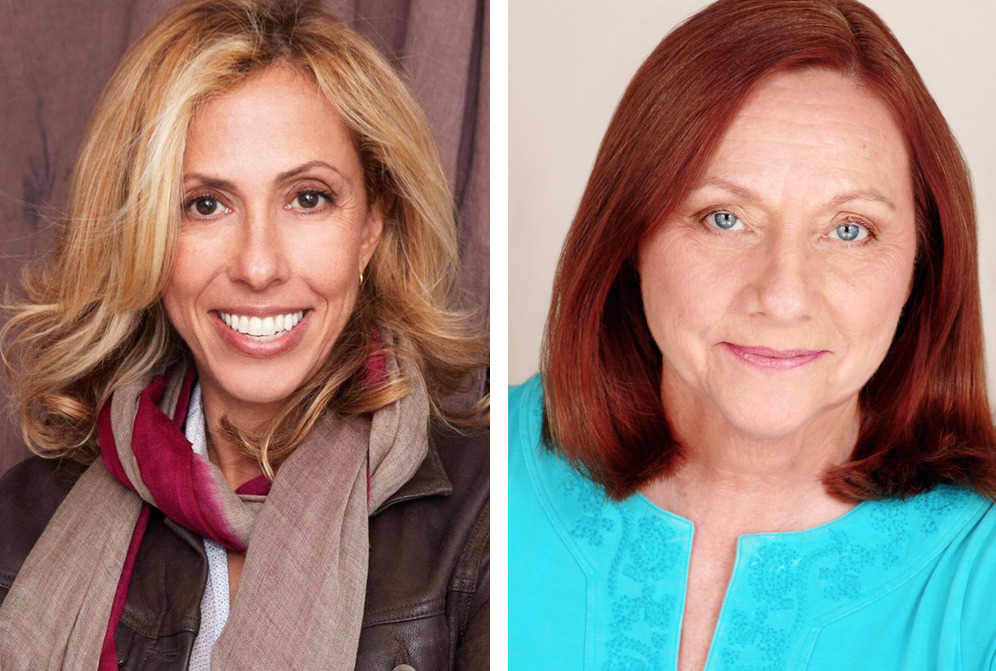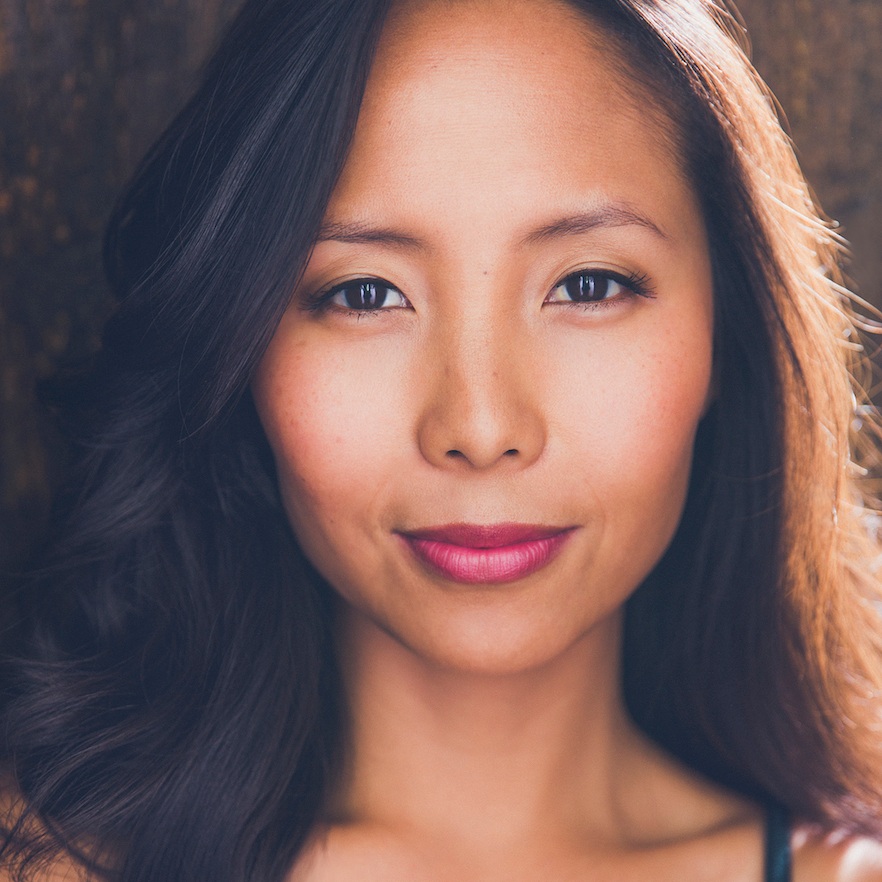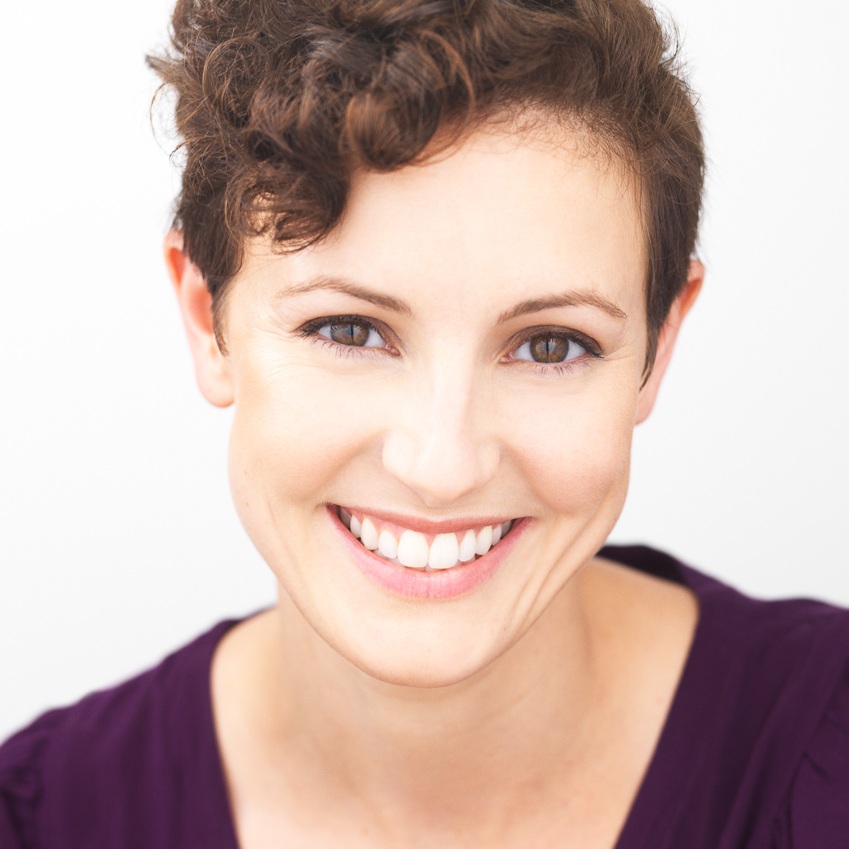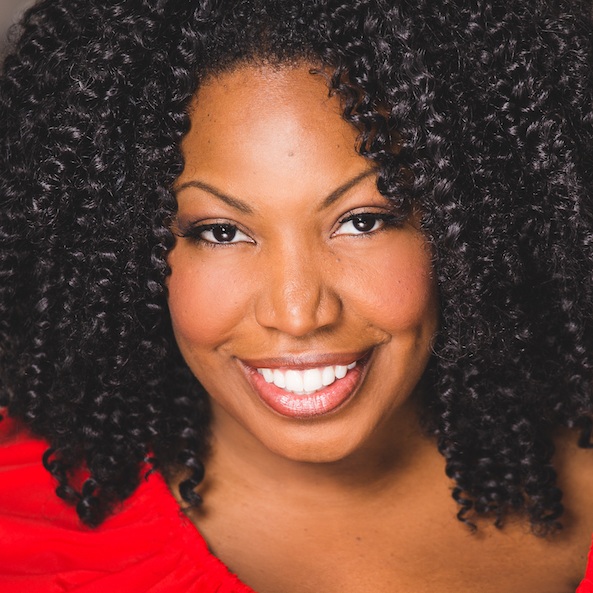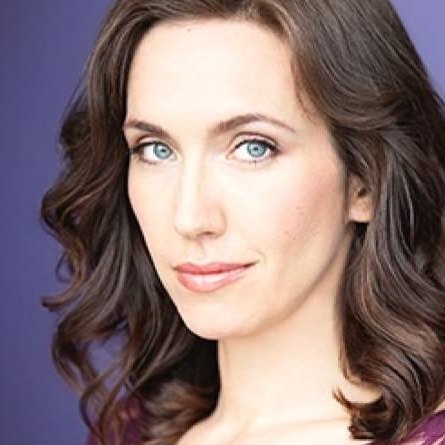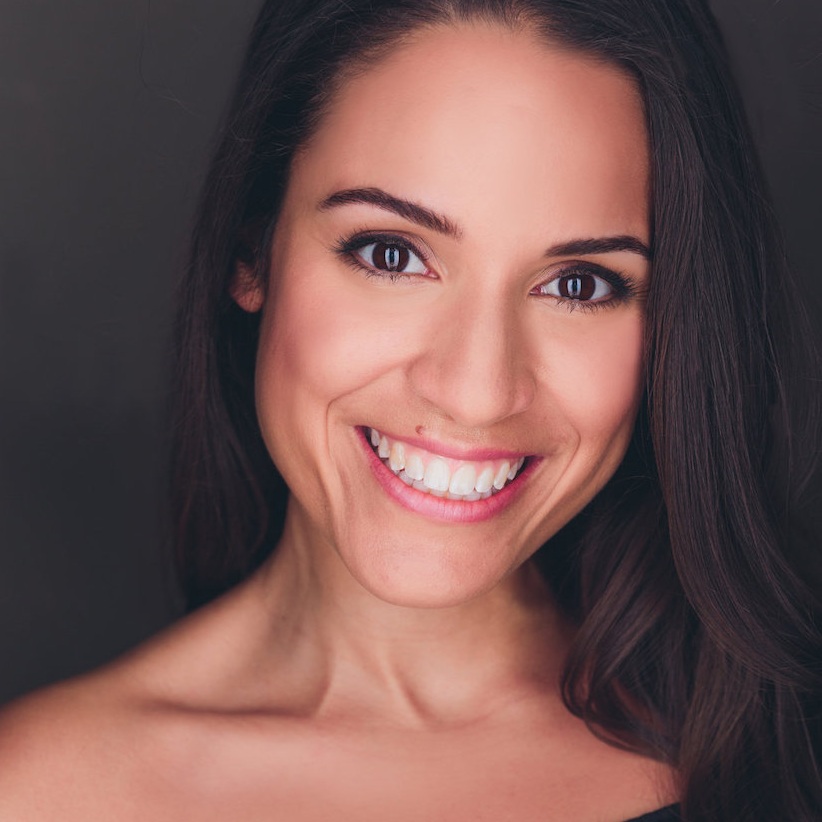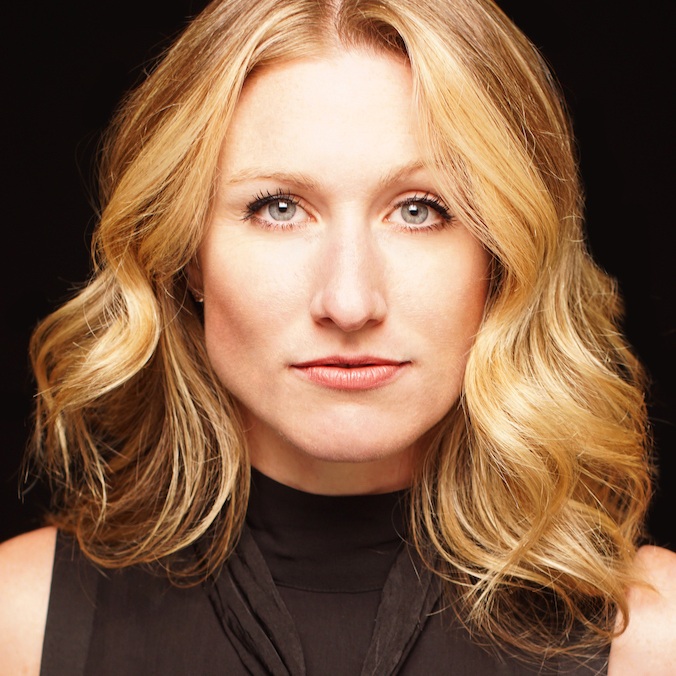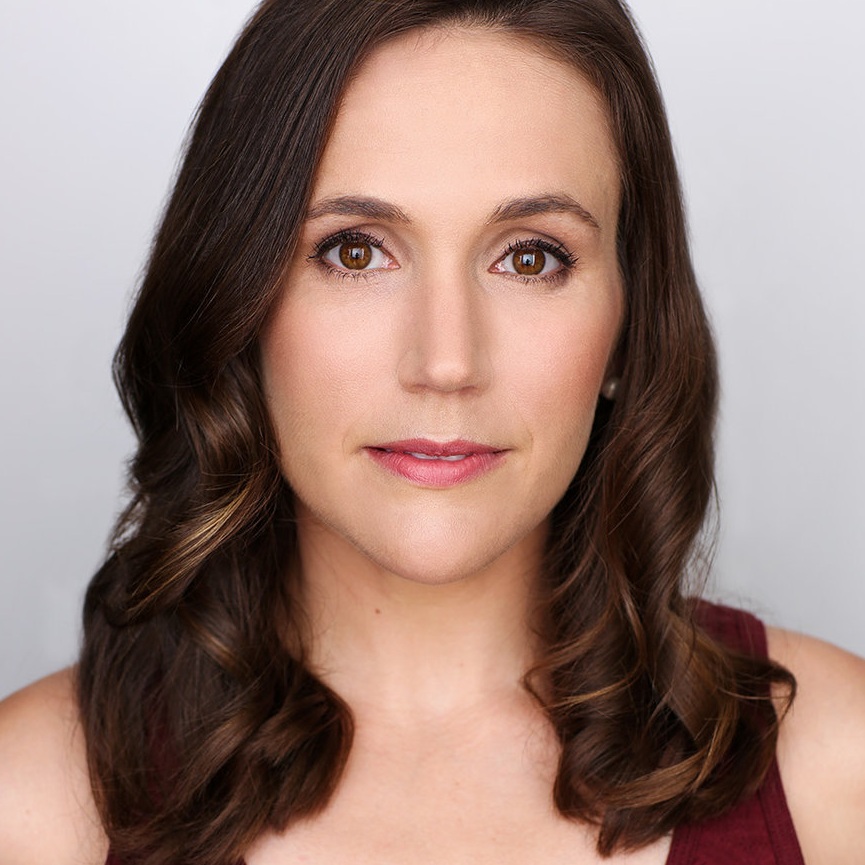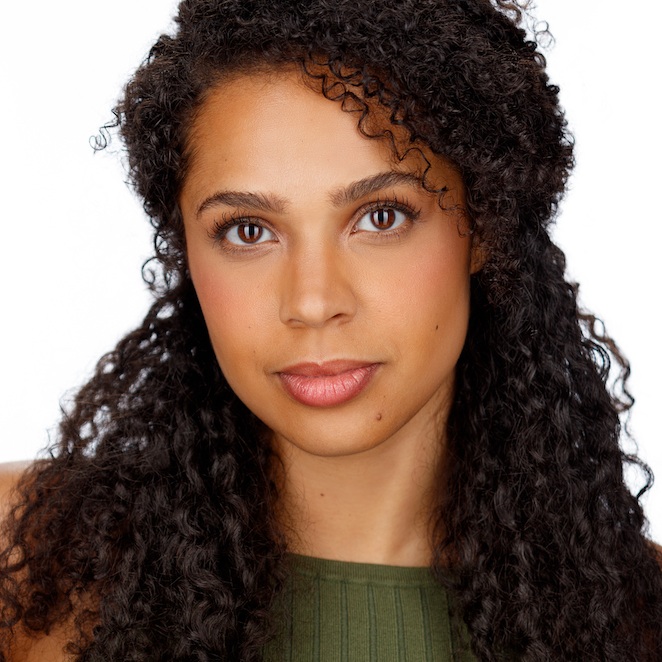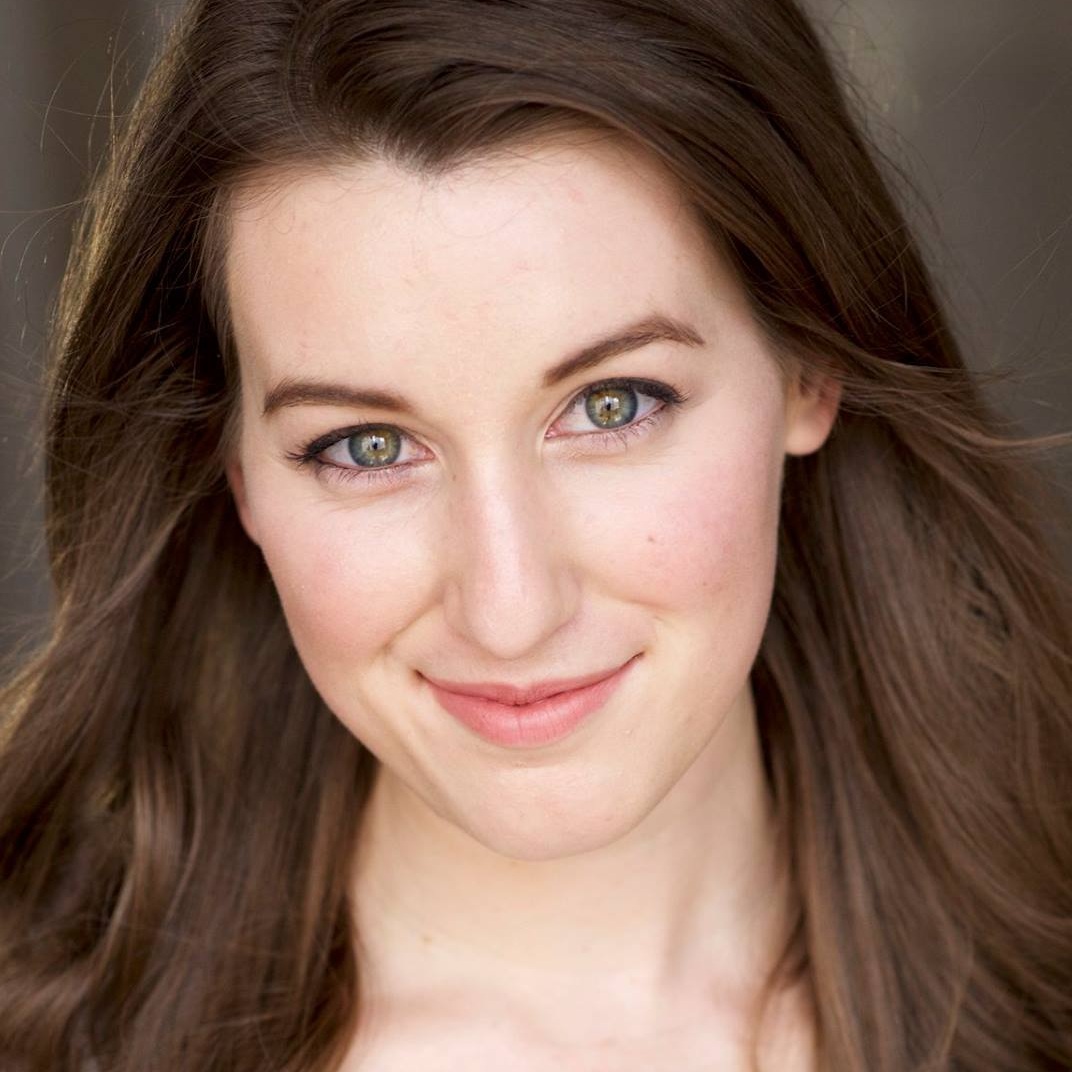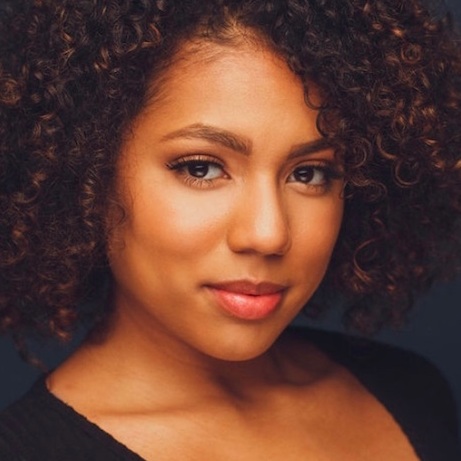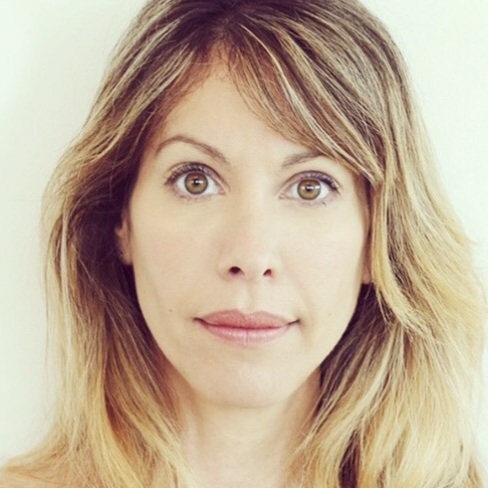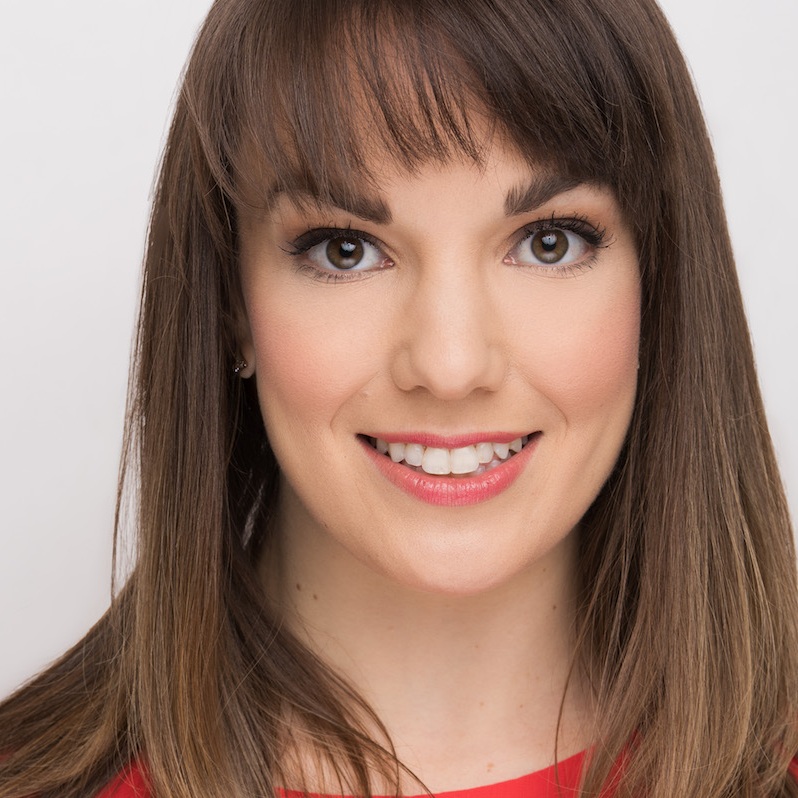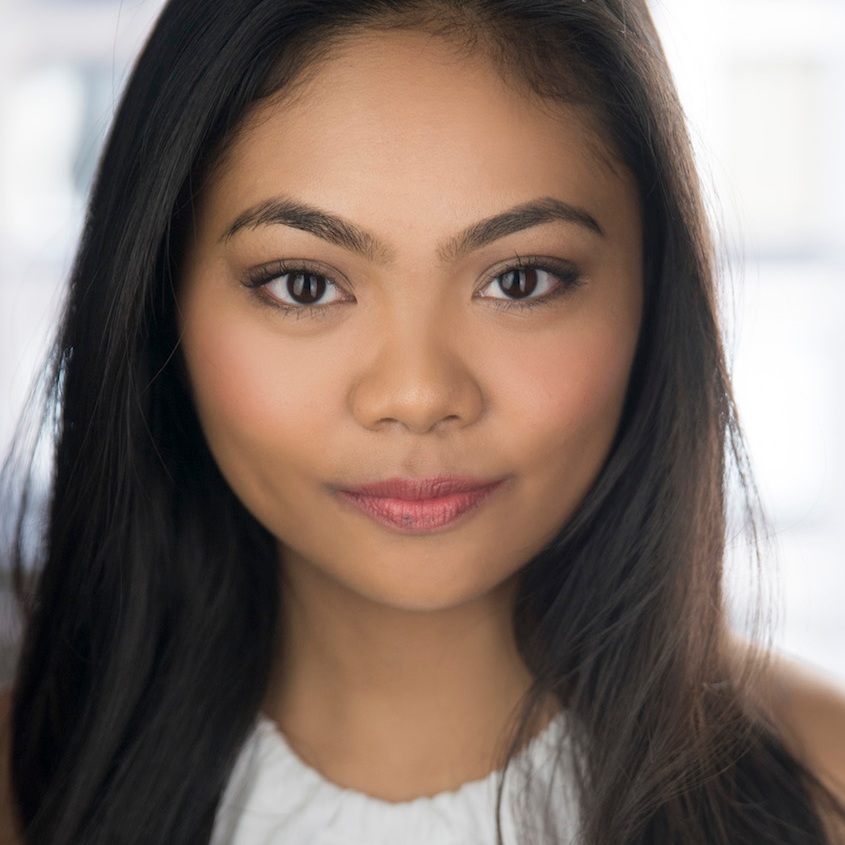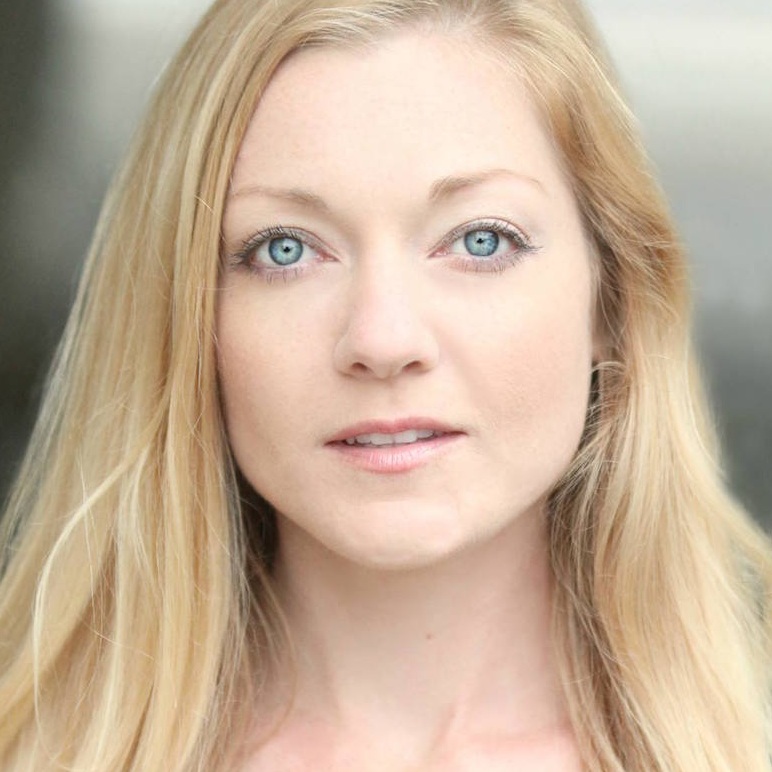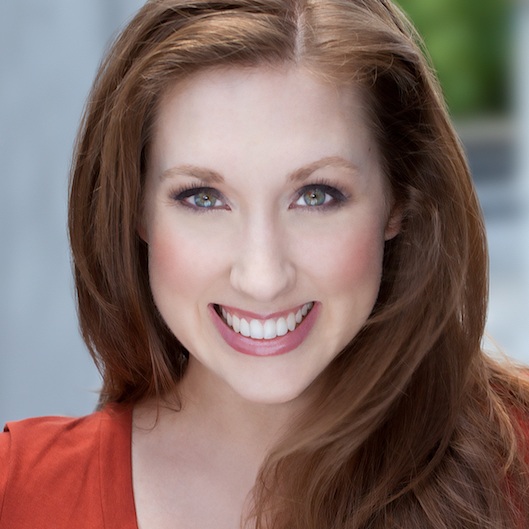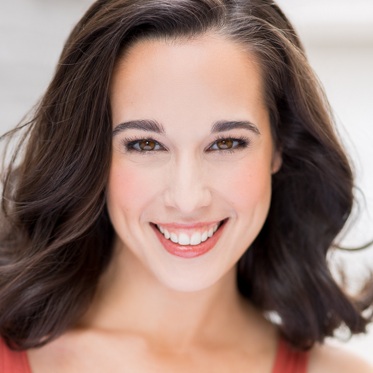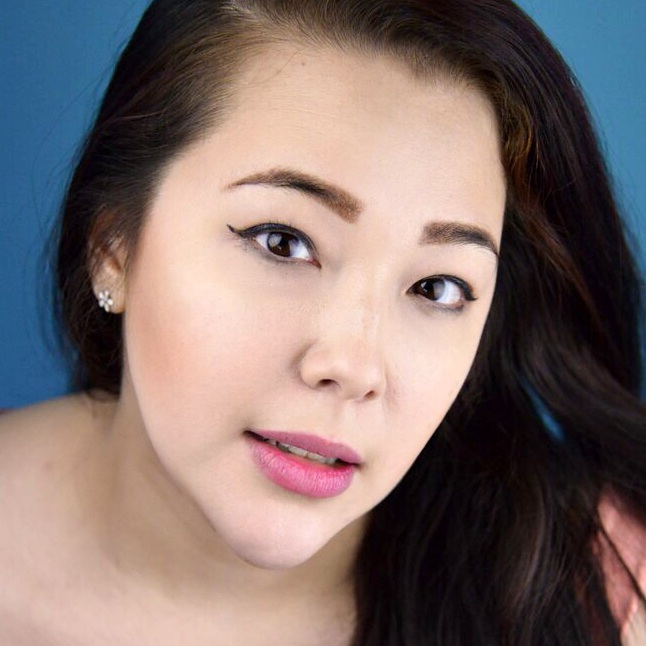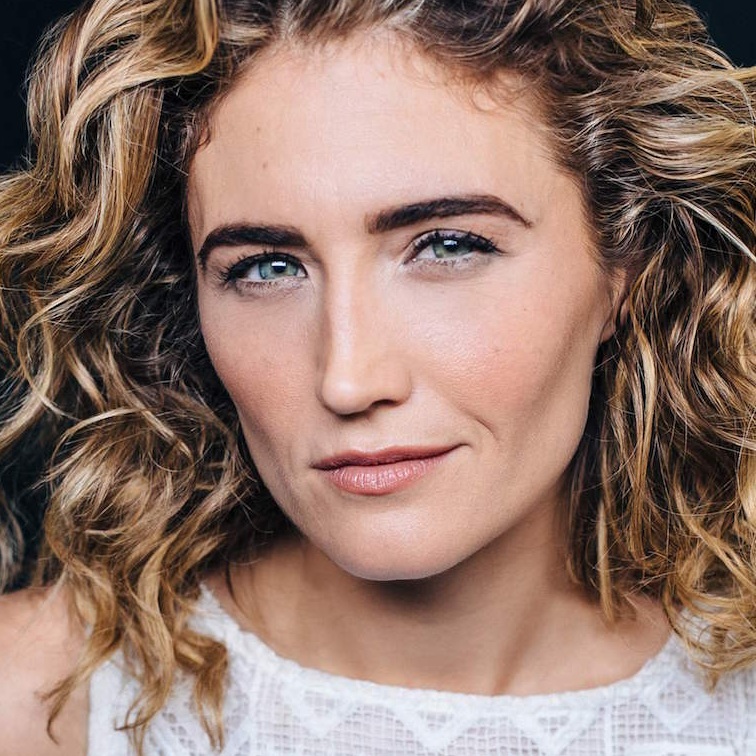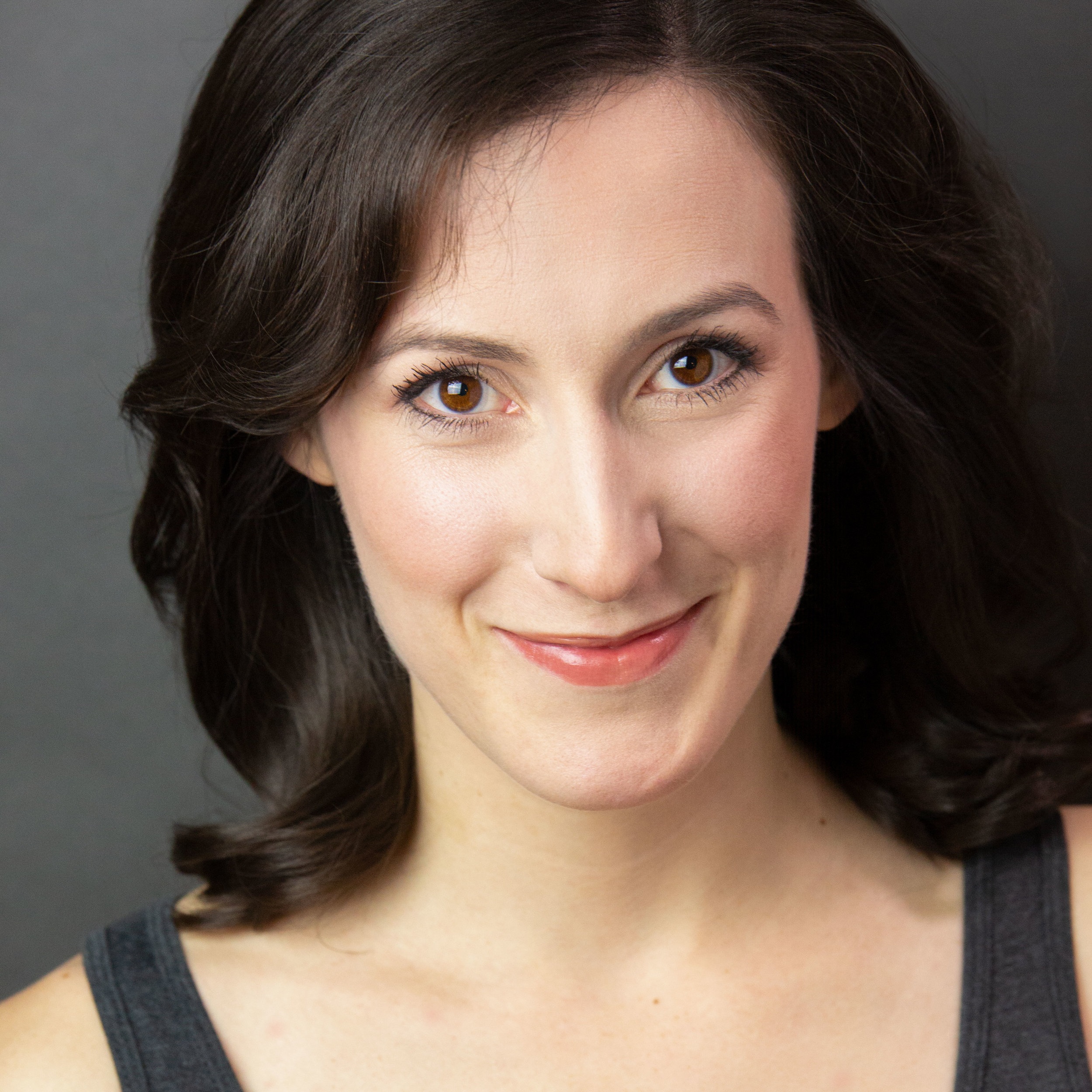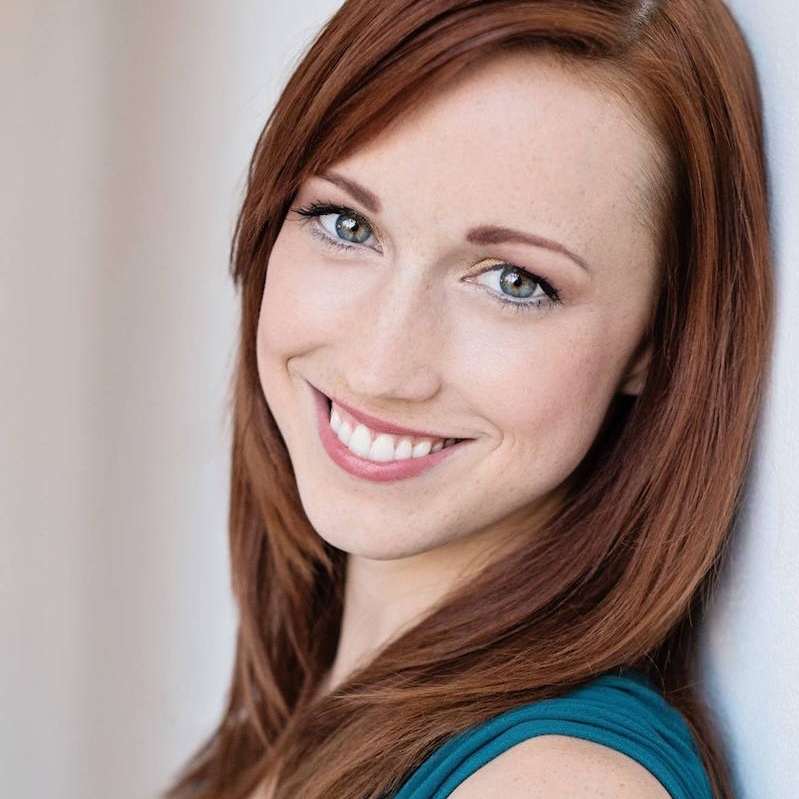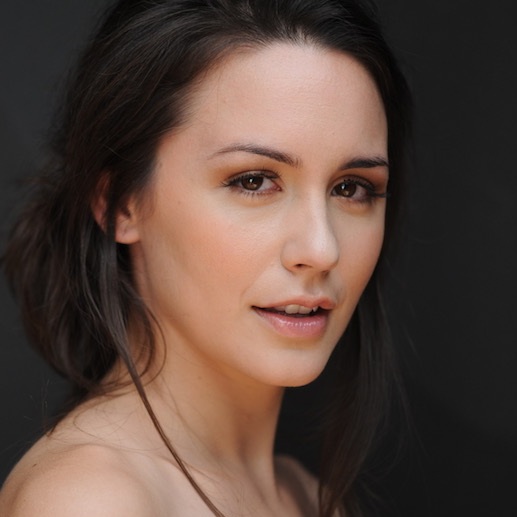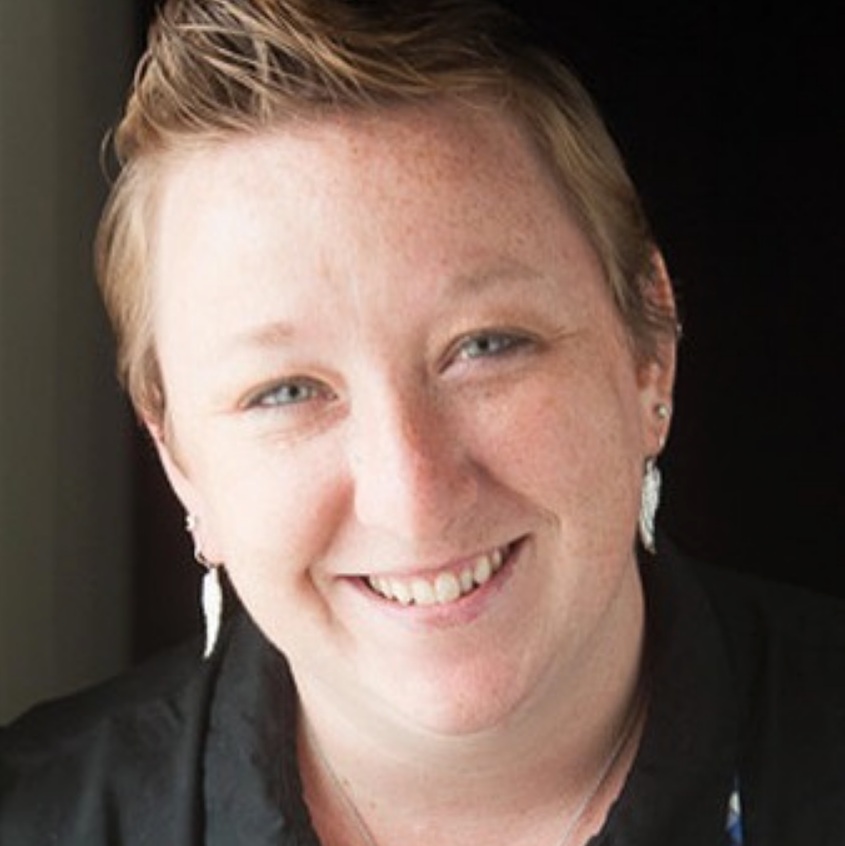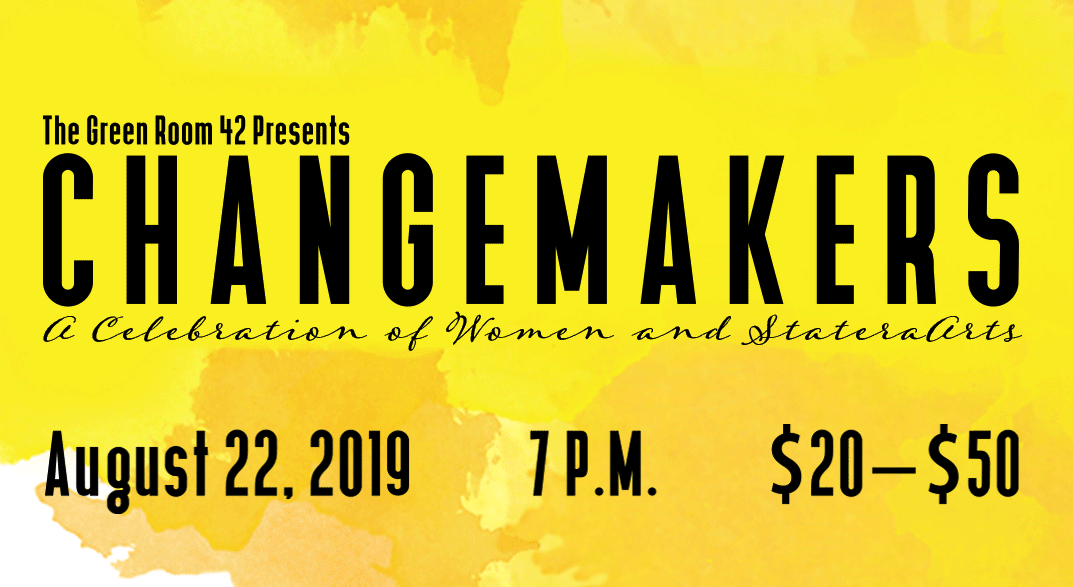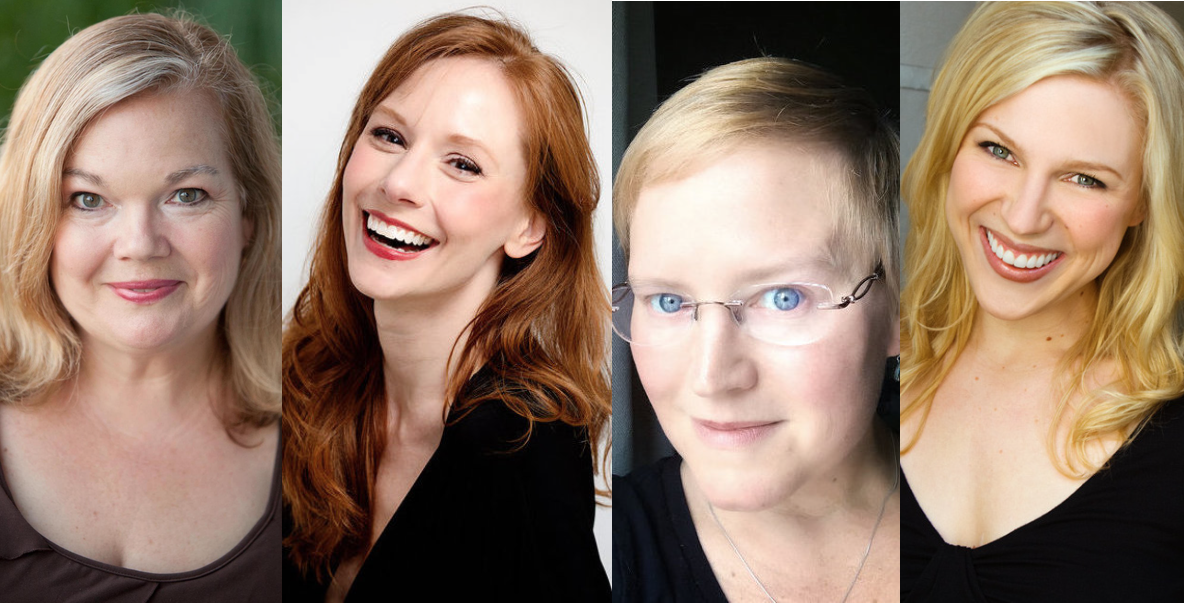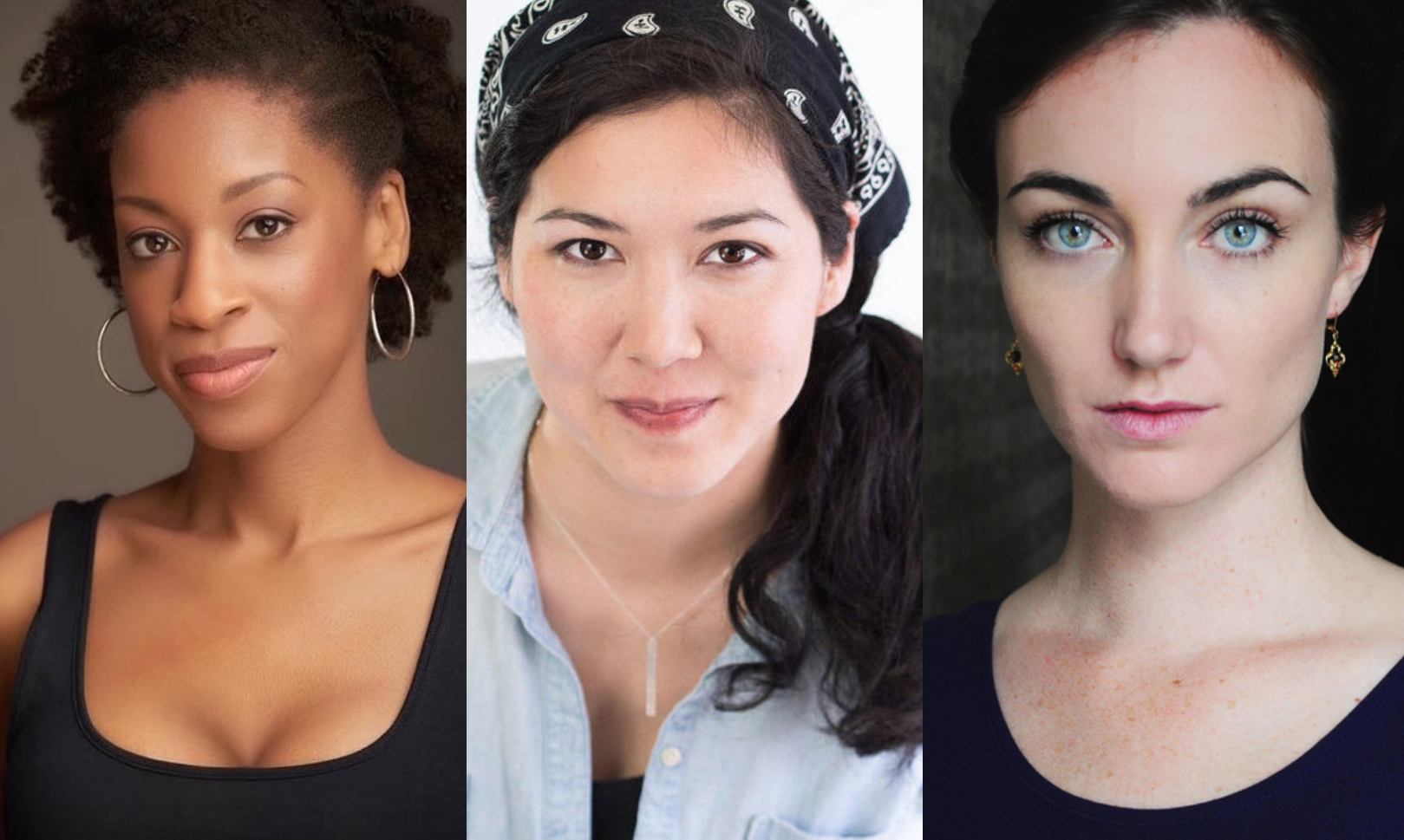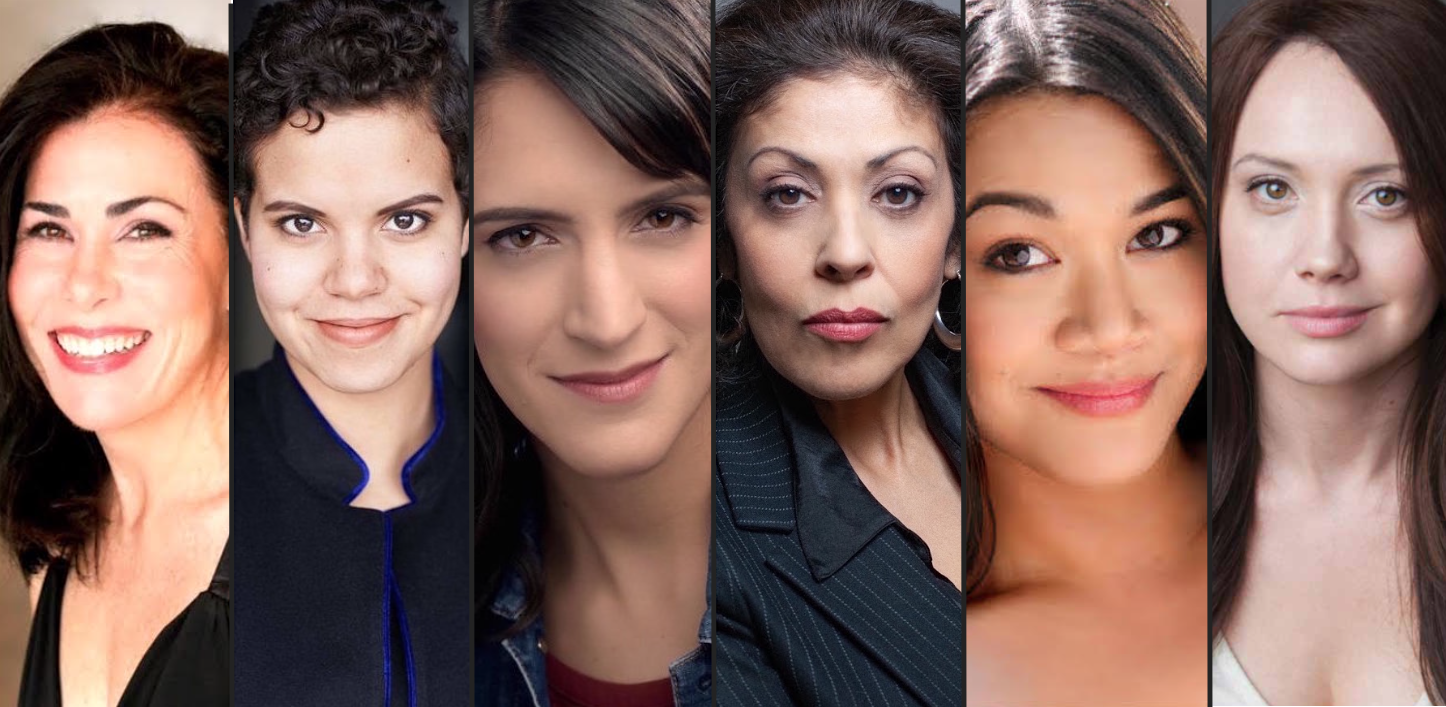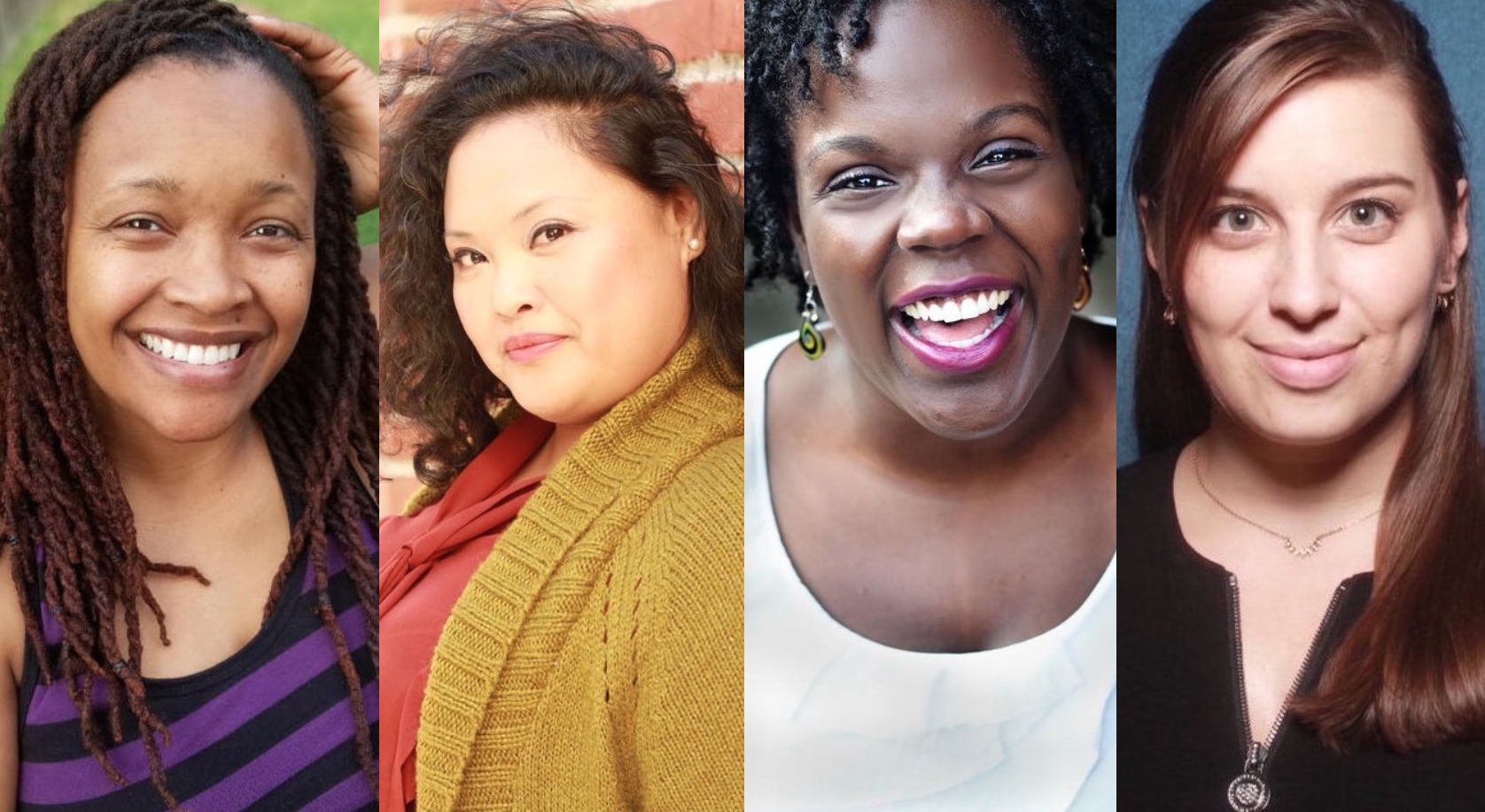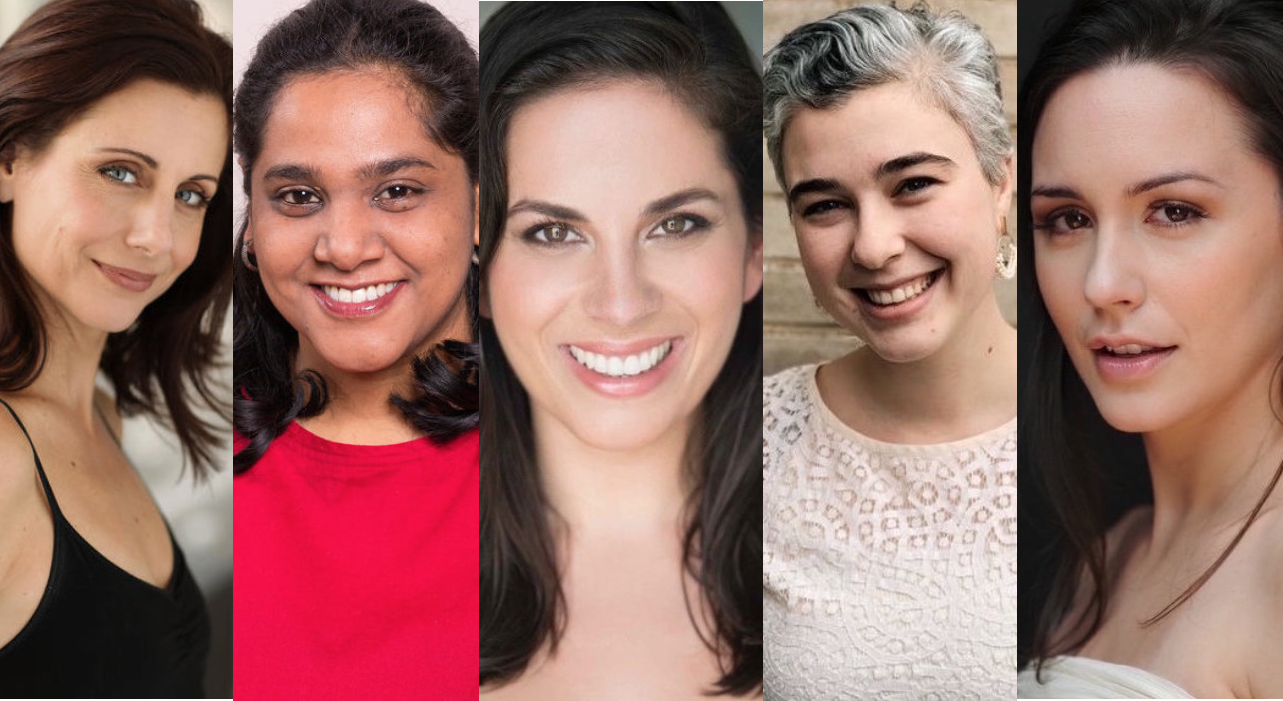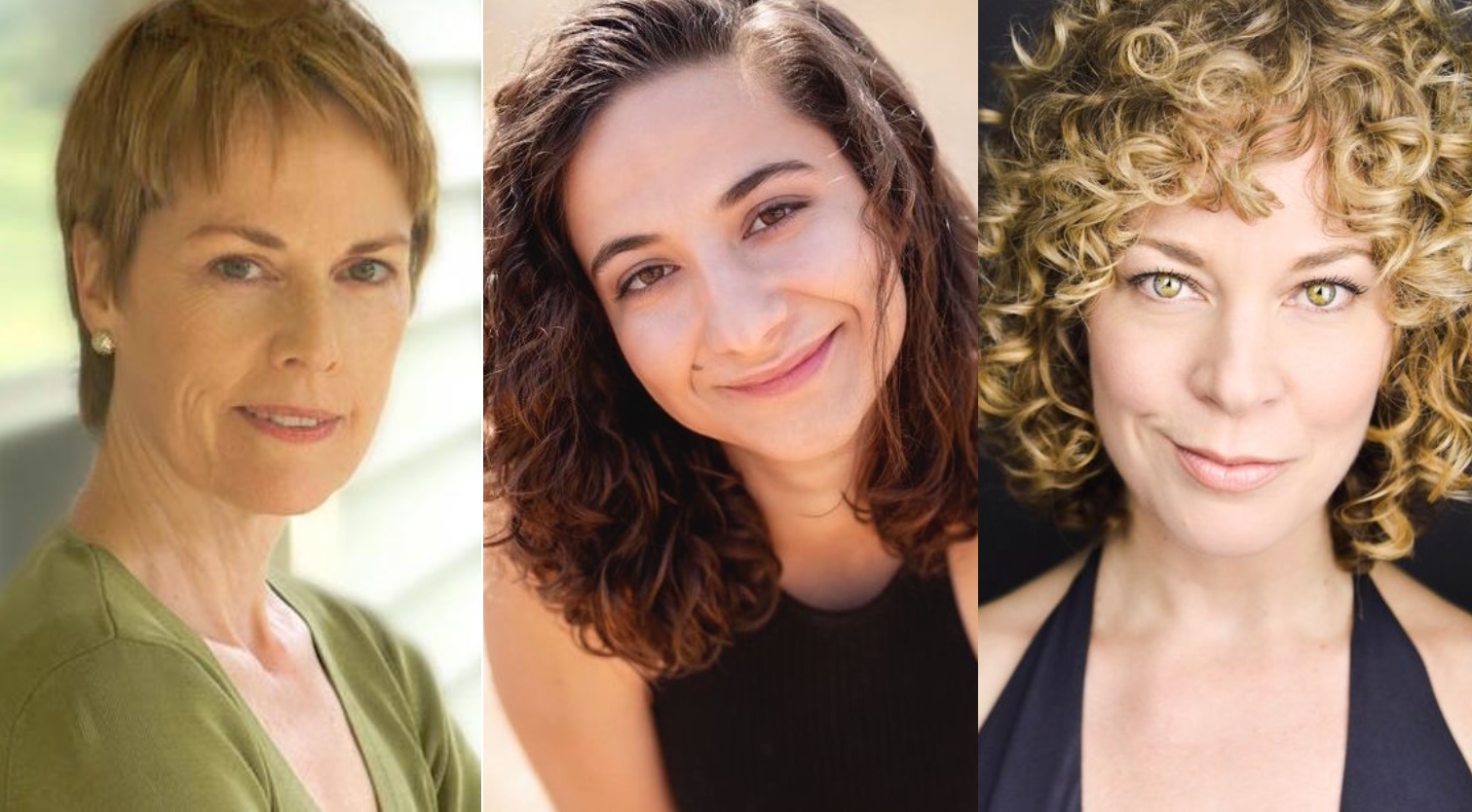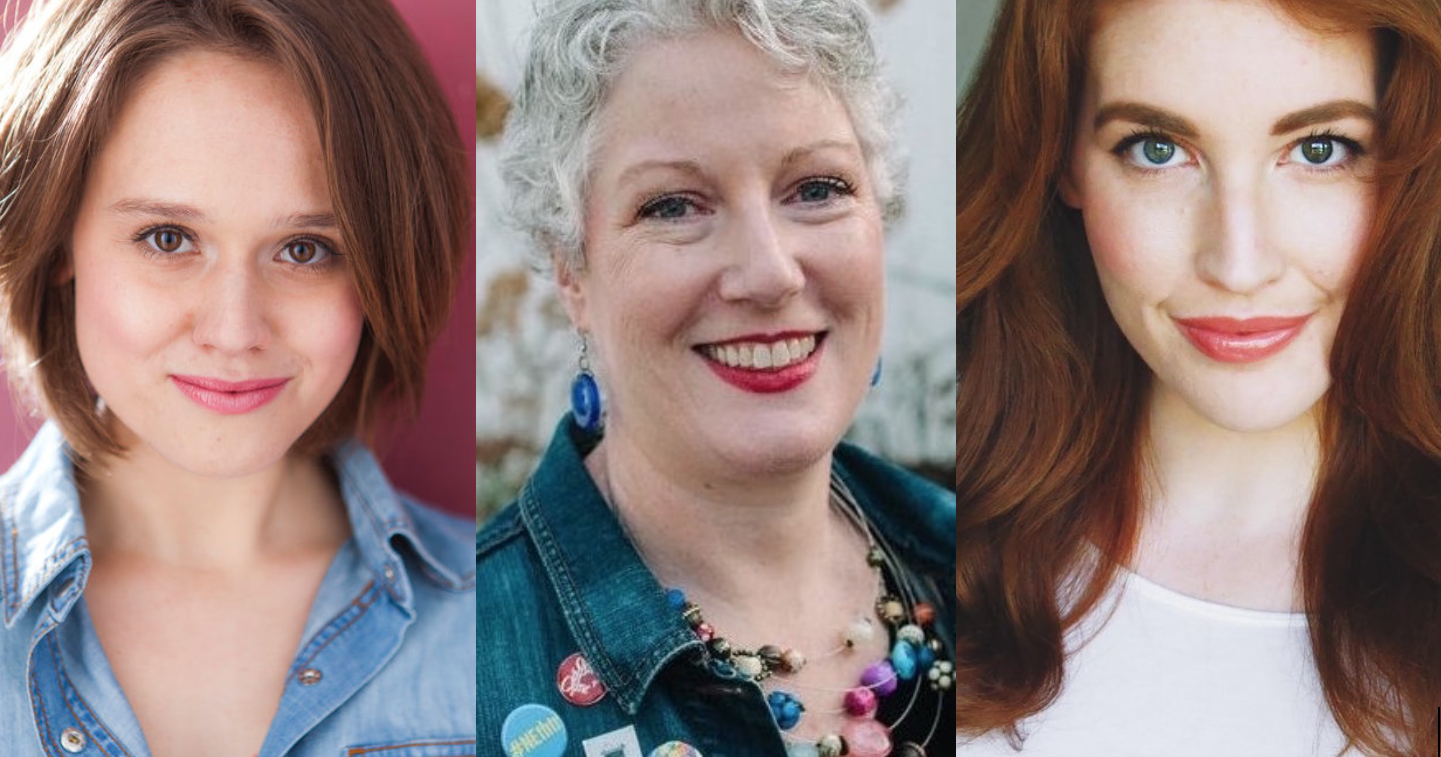Mentorship is at the core of Statera's mission of creating pathways to bring women into full and equal participation in the arts. A flourishing mentor relationship helps both mentor and mentee organize their professional challenges, nurture their creative ideas, and activate their personal gifts.
Today we are pleased to introduce you to our new mentorship chapter in Las Vegas, serving the greater Southern Nevada and Southern Utah regions. We had a chance to catch up with Jessi Sommer, Graciela Strahan, and Kaitlin Mills, all of whom are serving as Regional Coordinators during the 2020 cycle.
Bay Area Chapter Website: https://stateraarts.org/las-vegas-mentorship
Dates: The inaugural class runs from March 1 - September 1, 2020
Application deadline: Mentor and Mentee applications are due by February 1, 2020
From left to right: Hannah Weidenfeld, Jessi Sommer, Graciela Strahan, Kelly Hawes, and Kaitlin Mills.
StateraArts: Tell us about your work in the arts.
Jessi Sommer (she/her): I've worn several hats working in the arts. I've been a performer for most of my life. While attending college I expanded my passions towards many other areas. I've been a director, actor, stage manager, sound/light designer, production assistant, and producer. Directing is my main area of focus. I attended one of the Workshop Weekends with Theatrical Intimacy Education this fall and I am an advocate for promoting those Best Practices in our educational and professional spaces.
Graciela Strahan (she/her): I started dancing with jazz, ballet, and hip-hop at five years old. My love for theatre started with the release of the Hairspray movie adaptation in 2007, and soon after seeing it I joined a children's theatre. I have been hooked ever since! I competed in thespian competitions throughout high school and studied theatre at Southern Utah University as well as taught fifth-grade literature and character development through an arts integration program. I recently played Johnna in A Public Fit Theatre's production of August: Osage County, and am working as a teaching artist in the Las Vegas Community.
Kaitlin Mills (she/her): I am a professional actor and visual artist who is passionate about creating opportunities for women in the arts. In 2017 I founded an all-women Shakespeare company, Women of Will, with three of my dear friends and colleagues.
StateraArts: Can you share about your journey to the Las Vegas arts scene?
Jessi: I was born and raised in Las Vegas by my mother who is also heavily involved with the arts community. My mother is an opera singer and voice teacher so my childhood consisted of watching theatre and listening to music being taught in our home. I started taking piano and dance lessons at a young age with some wonderful instructors. One of my favorite performances still to this day was on The Smith Center stage competing in the 2014 Nevada High School Musical Theatre Awards. I attended Southern Utah University for a few years and moved back to Las Vegas in August 2019 to continue my studies. Our arts scene is very unique in the fact Las Vegas produces musical and contemporary theatre, interactive theatre, ballet, choral pieces, independent film, and more! I've grown to really appreciate the Las Vegas talent!
Graciela: Las Vegas is, in essence, a big little city and everyone is six degrees away from anyone. While I may have grown up in this city, my introduction to the arts scene was a little bit of a crash landing. I’d only been back a week before I auditioned for APF and was blessed with August of Osage County. Through APF I have reconnected with dear friends and been introduced to some of the most amazing artists and wonderful people in town.
Kaitlin: I moved to Cedar City, Utah back in 2007 to pursue a degree in classical acting at Southern Utah University. After graduating, I moved to Pittsburgh, PA for a brief time before realizing that my true home was back in Cedar City. I have lived here for many years, and couldn’t wish for a better home for my family.
StateraArts: What is your own most memorable mentorship experience?
Jessi: About a year ago I was seeking guidance after experiencing serious mental health issues. I was at a loss with my finances, education, emotional balance, and essentially what I wanted to do with my life. A woman who worked at the university so graciously met with me at least two times a month just to discuss my problems and obstacles, informed me on every possible resource that was out there for me, and steered me back on a healthy path towards my success. She supported me every step of the way as I transitioned, narrowing my focus into helping others who've had similar experiences as I have. I am forever grateful for her dedication the way she advanced my life.
Graciela: I am so unbelievably honored to have studied under the incomparable Elena Ferrante-Martin and Melinda Pfundstein. These women have guided me with endless patience and care. Through their tutelage I have grown not only as an artist but as a person.
Kaitlin: While I’ve only ever experienced having an official mentor once, I consider myself fortunate to have benefitted from many unofficial mentors in my life. While I have had too many experiences to share any specifics, I am passionate about ensuring that all women have the same opportunity.
StateraArts: How did you become connected to Statera Mentorship?
Jessi: Melinda Pfundstein was a professor of mine at Southern Utah University. StateraArts became a huge part of the Cedar City community. When I made the decision to move I did some research and noticed there wasn’t a Las Vegas Mentorship Chapter established yet. I wanted the influence StateraArts had on my life to continue when I left Cedar City, so I took the risk and here we are!
Graciela: My dear friend and college roommate Jessi Sommer brought the Mentorship Program to Las Vegas and reached out to me about getting involved!
Kaitlin: I was a part of the Statera Mentorship pilot program during my time in Pittsburgh and was incredibly grateful for the guide that my mentor was during that time. I have been involved in many ways with Statera since then and am excited for this opportunity to continue working with them.
StateraArts: What do you see as the greatest need and/or the most common need for mentorship relationships?
Jessi: A successful mentorship thrives one healthy communication. It's important to find a mentor who models the same values as you. If my plan is to work in music, I wouldn't seek a mentor in accounting. Mentorship relationships deserve a strong connection, just as any other relationship would. The key is bringing two people together who really "click". Mentors and mentees also need to have honesty and accountability with each other.
Graciela: Every mentor/mentee relationship is unique. In this industry there is hardly ever a clear “next step on the corporate ladder" to aspire to, contrary to what you might find on other career paths. Feedback, workshops, and personal relationships built daily communication are things you may receive as an artist, but typically only while you are on a project. What happens in between projects?
Kaitlin: I think the greatest need that can be filled in a mentorship relationship is having someone to talk to who has been in a similar situation. Someone who can say, “I see you. I hear you. Let’s figure this out together.”
StateraArts: Talk to us about your leadership style and why you're called to volunteer in this capacity for your community.
Jessi: I love making every team member feel important! Leadership requires delegation and to do that we have to understand our member's strengths to place them where they will perform best. A good leader is a person who will enthusiastically support the work of their community while looking for ways to always improve. A true leader is approachable, not feared.
Graciela: In leadership positions I like to focus on the service aspect and ask, “How can I support you? What can we build/learn together? How can I help you succeed?” I know that there are others searching for support, information, and community. I love being an agent for connection.
Kaitlin: As a leader I love to bring people together to problem solve. I believe that we are stronger when working together and try to connect people to accomplish great things.
StateraArts: Okay, now it's time to AMPLIFY. What recent personal projects or upcoming projects are you excited about?
Jessi: At the moment, I am heavily focused on my studies. StateraArts was a perfect opportunity to stay involved with theatre without needing to be in a rehearsal every evening. I am receiving certification in Mental Health First Aid next month which I'm really excited for! I'm in a very research-based phase currently. I would love to amplify YOU! Any shows, readings, workshops, etc. that I can attend or at least advertise for you please send an invite on Facebook!
Graciela: Any upcoming projects will be shared on Instagram at @grazieverafter. Excited to share this chapter!
Kaitlin: I am currently getting a graduate degree in Arts Administration from Southern Utah University, and working on making Women of Will a non-profit.
join statera’s mentorship program today
We believe that coalition building through one-on-one mentorship is what makes local arts communities thrive. We need women like you! Ready to get involved? Applications are open through February 1st, 2020. To learn more and find your chapter city, click here.
_format-1500w.png)

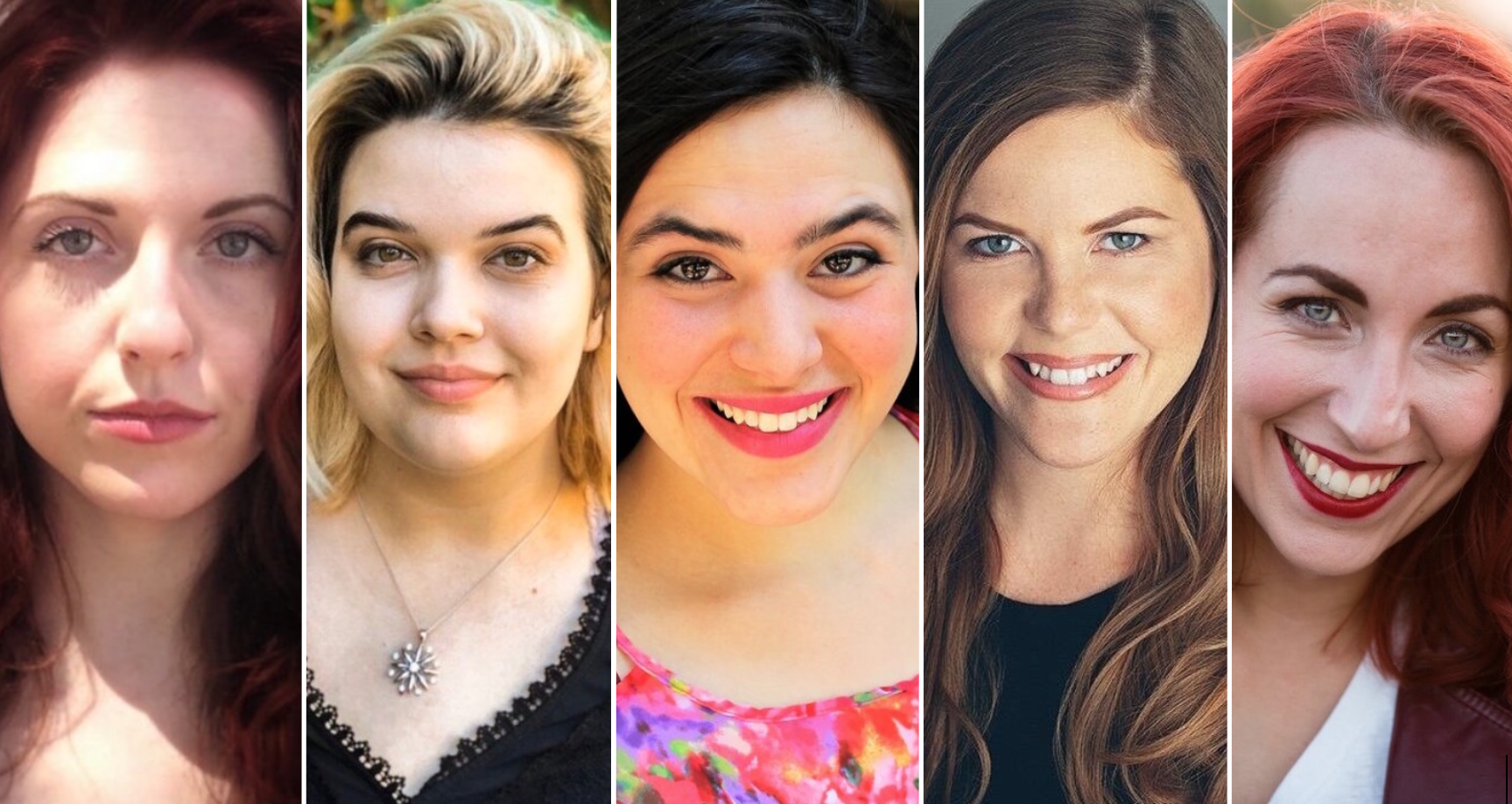
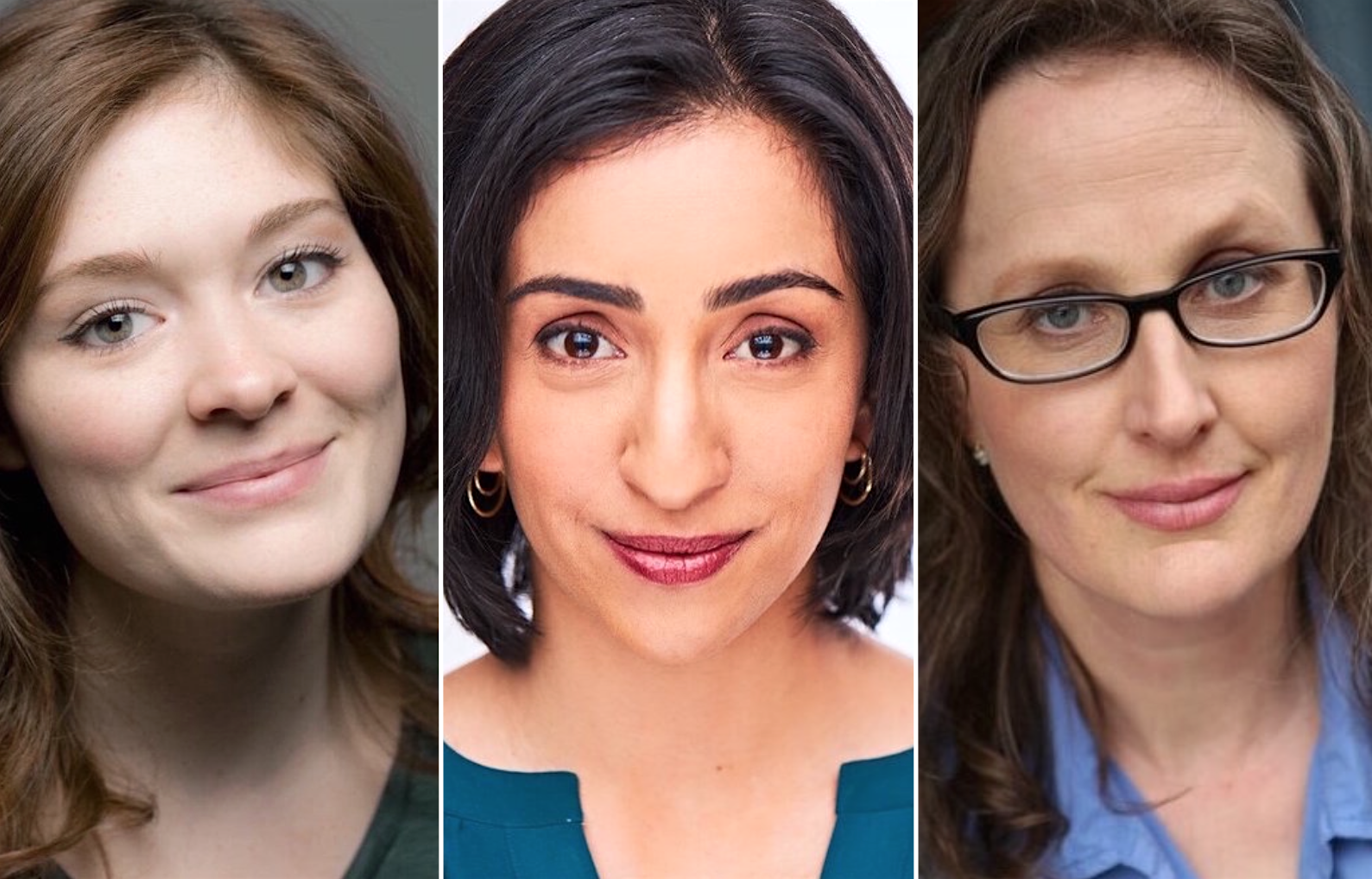
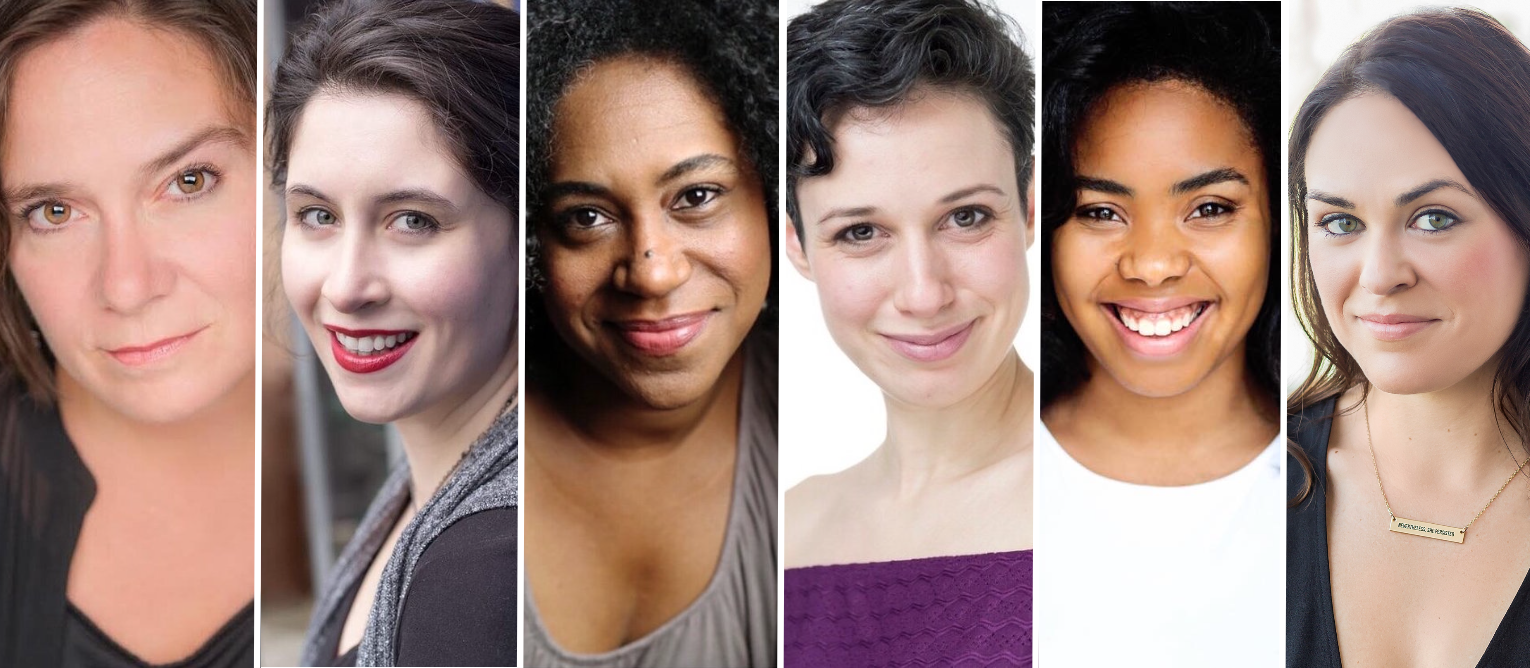
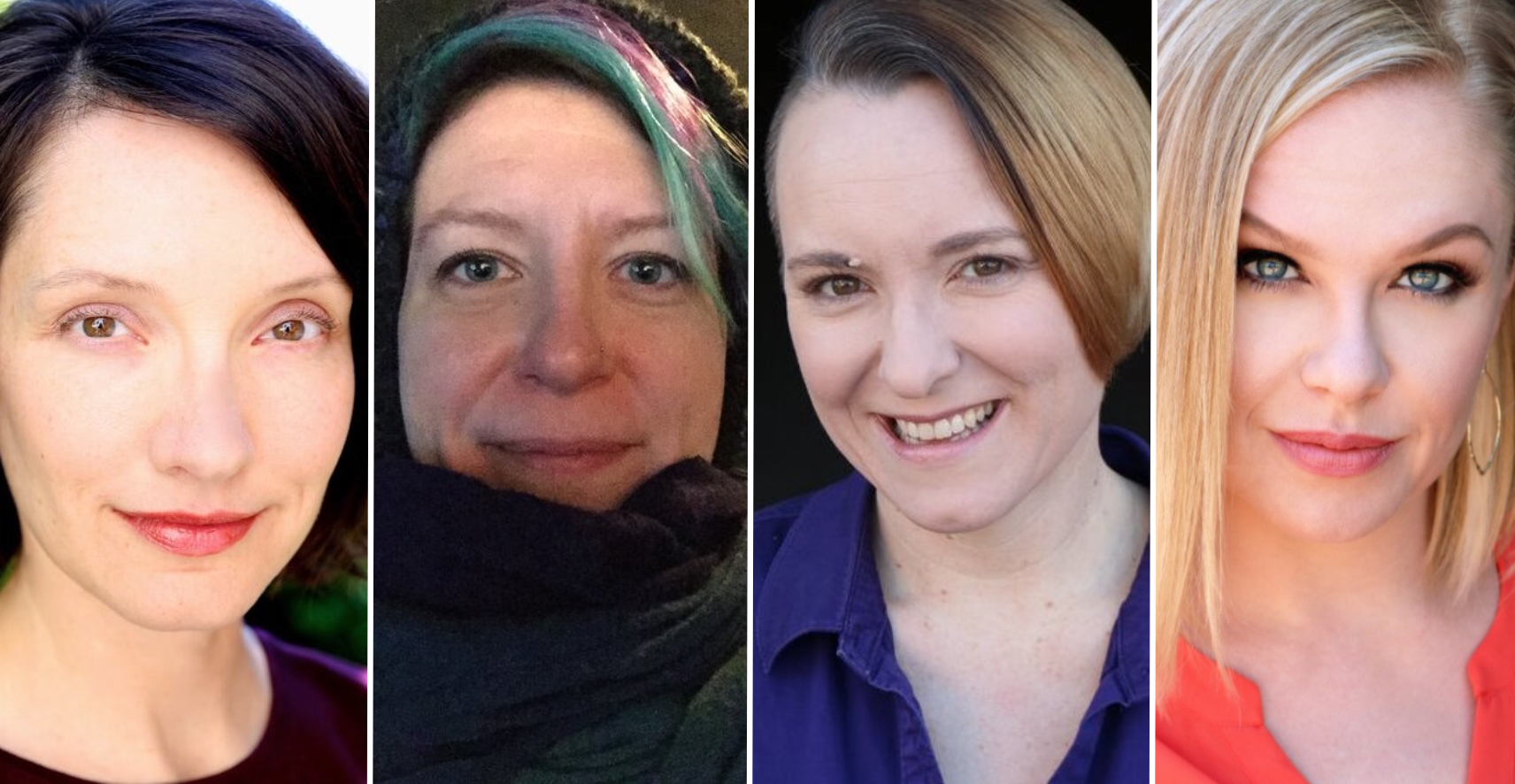

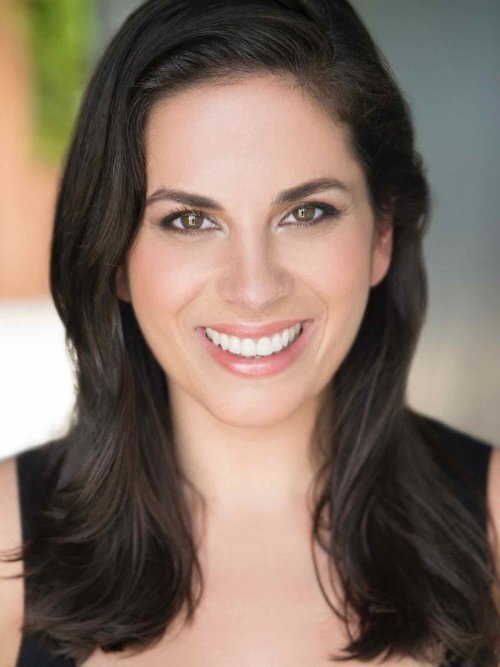
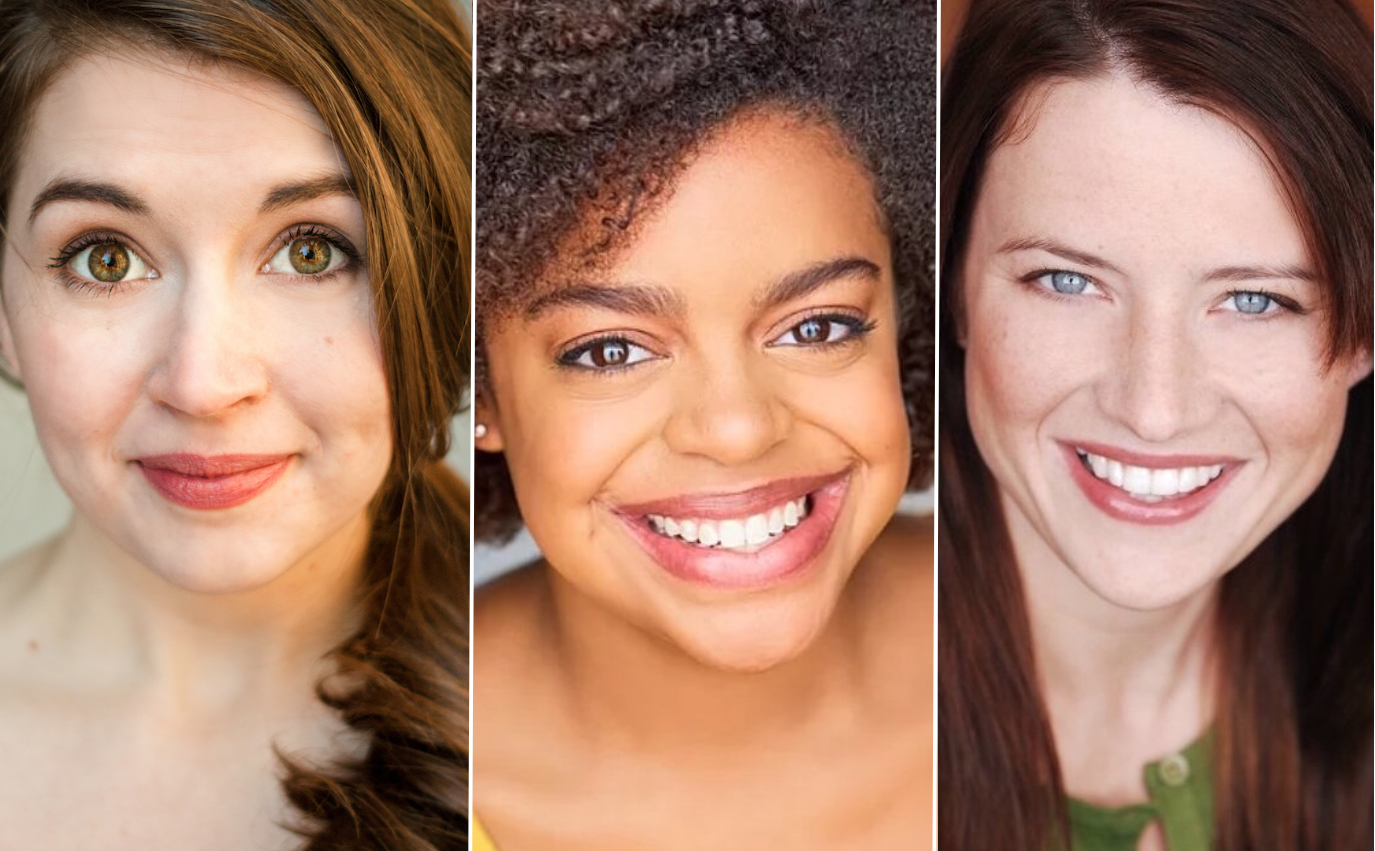
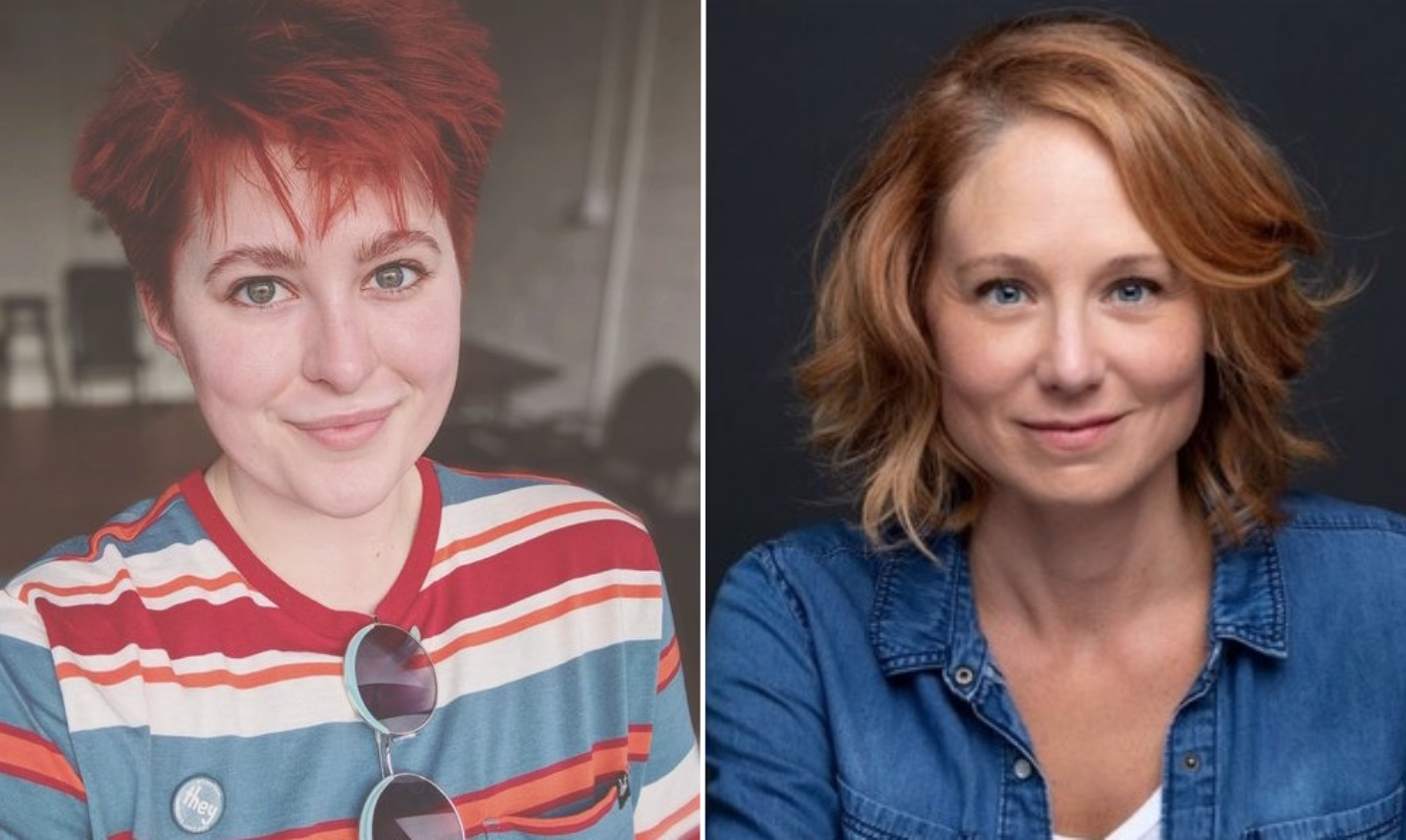
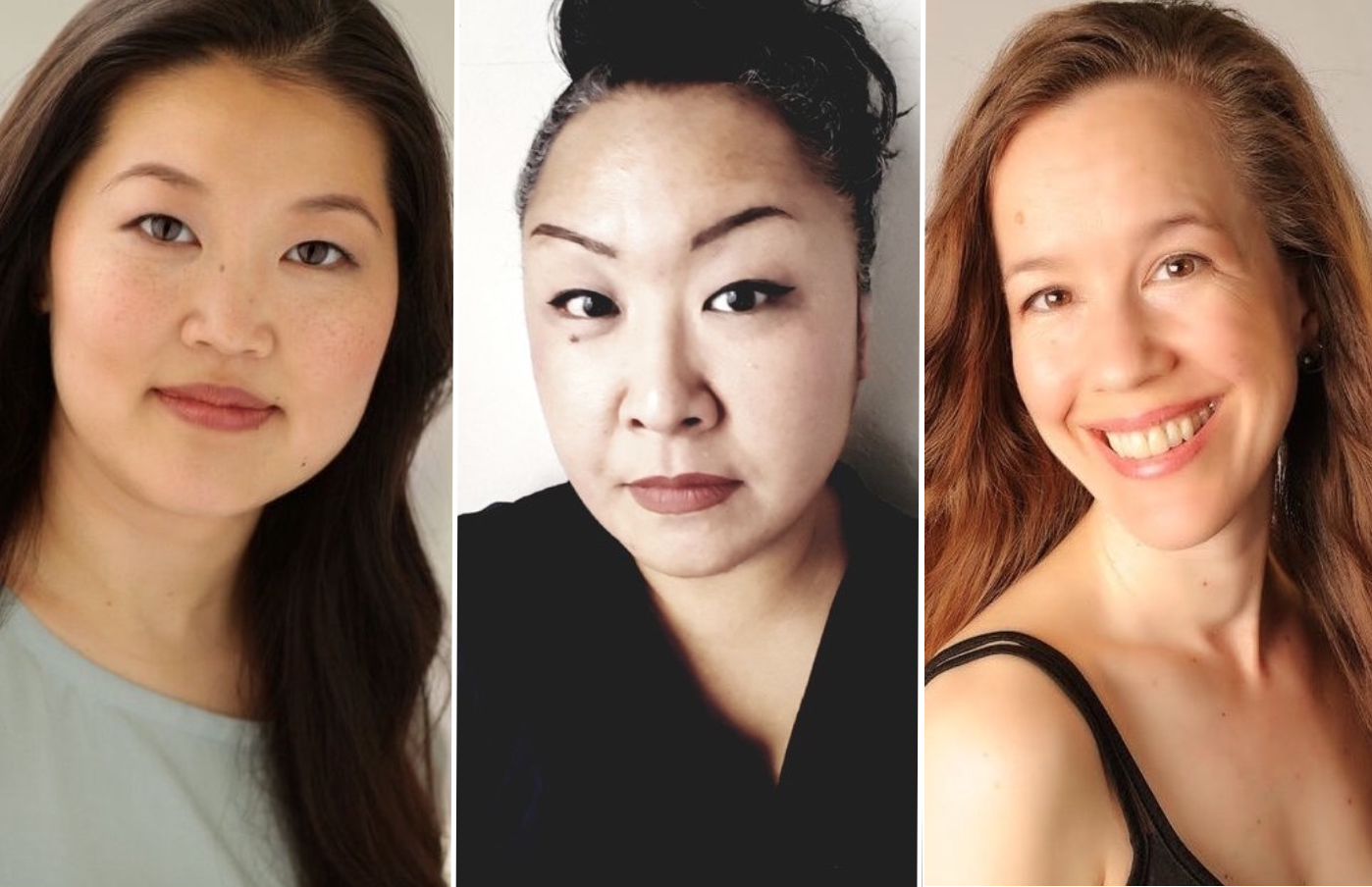
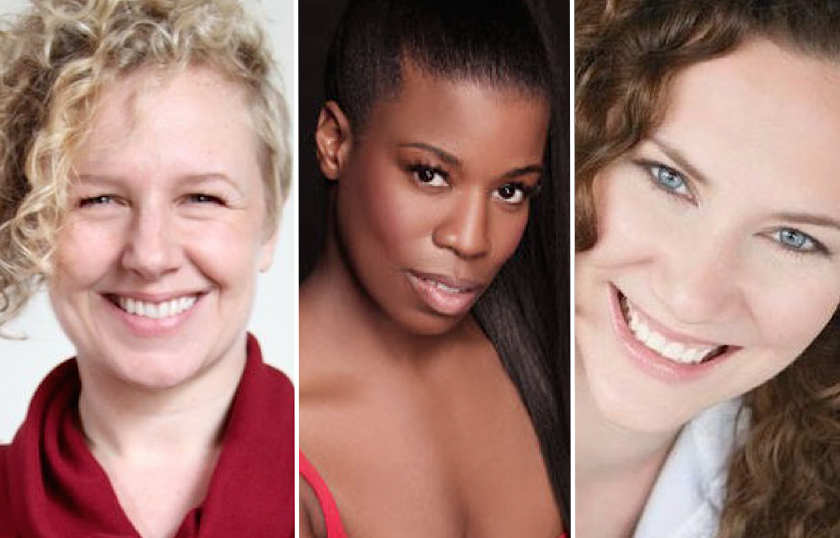


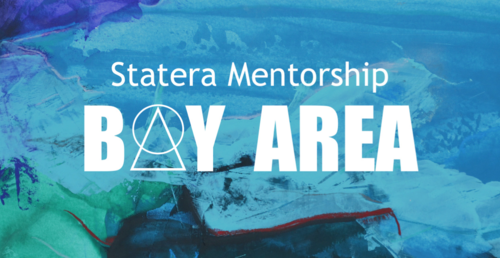
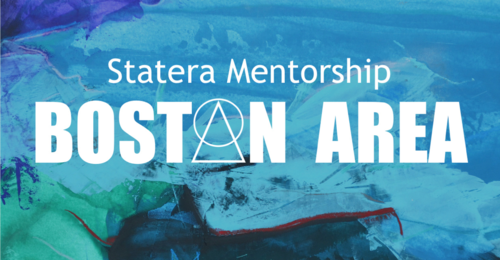
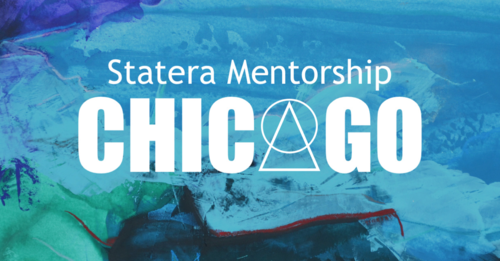
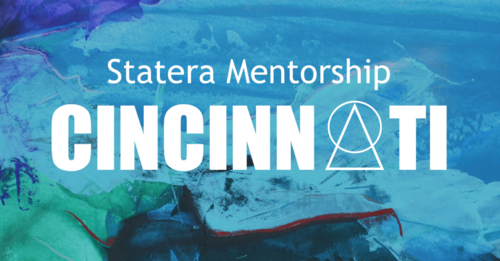
.png)

